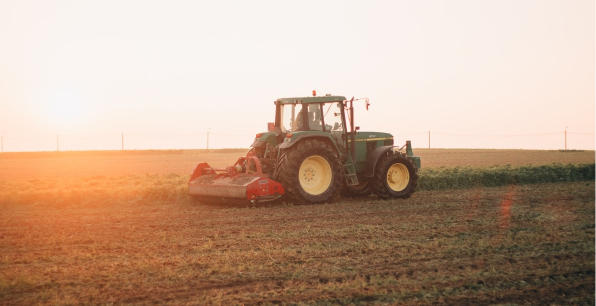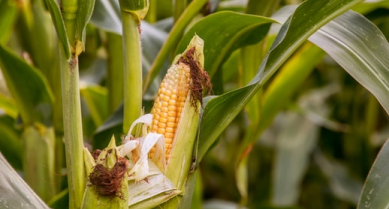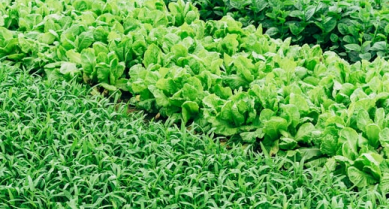Losses of wheat yields are predicted due to rising temperatures
An international consortium of researchers use big data sets to predict the effects of increased temperatures due to climate change on global wheat yields.
Understanding how different climate factors impact agricultural productivity is essential for adapting and mitigating the effects of climate change on our food supply. Such analyses require quantifying the contribution of climatic and environmental factors to crop yields. Crop simulation models are flexible and powerful tools that are ideally suited for this task. For the first time, an international consortium of researchers including Rothamsted Research scientists, who are strategically supported by the BBSRC, have used a systematic multi-model test to exploit data from field and artificial heating experiments to focus on the responses of wheat to high temperatures. The consensus from this international multi-model test predicts that global wheat production will drop by 6% for each degree centigrade of global warming together with increased variability of yield across regions and seasons. The study is published today in Nature Climate Change.
Thirty wheat crop models were compared within the Agricultural Model Inter-comparison and Improvement Project (AgMIP) with two previously unpublished data sets from field experiments in which wheat was exposed to mean temperatures ranging from 15 oC to 32oC during the growing season. The first experiment was the Hot-Serial-Cereal experiment with a wide range of sowing dates and artificial heating treatments. The second experimental set was from the International Maize and Wheat Improvement Centre (CIMMYT) multi-location experiments that were spread across seven temperature environments worldwide.
Many of the individual simulation models predicted wheat yields accurately for typical conditions, however, when effects of higher temperatures were tested, the results of the model simulations were more variable. Nevertheless, by combining results from all models, the ensemble median was consistently more accurate in simulating temperature responses than any single model and reproduced observations well.
Extrapolating the predictions of the multi-model ensemble indicated global wheat production losses of 6% for each degree centigrade of global warming with increased variability of yield across regions and seasons.
Dr Mikhail Semenov, whose team at Rothamsted Research contributed to this research, said: “Options exist to adapt and mitigate the adverse effects of climate change on global wheat production. Breeding for late maturing cultivars with longer grain filling to recapture the temperature-induced loss of biomass and grain yield could be beneficial as long as exposure to heat stress and terminal drought does not become counter-productive. Optimizing this trade-off should be region specific, and crop modelling is a key exploration tool to underpin crop adaptation for a changing climate.”
Professor Martin Parry, leading the 20:20® Wheat Institute Strategic Programme at Rothamsted Research commented: ‘This is an excellent example of collaborative research which will help ensure that we have the knowledge needed to develop the crops for the future environments.’
Other articles that might interest you

AI identifies crops from space with 90% accuracy
Agrimetrics launches CropLens AI, a proprietary algorithm that identifies crop types from space.

ClearSky: Cloud free satellite data for agriculture
ClearSky's artificial intelligence removes a major barrier to the efficacy of satellite

ClearSky: Cloud free satellite data for agriculture
ClearSky's artificial intelligence removes a major barrier to the efficacy of satellite

Agrimetrics partners with Airbus to reduce cost
Crop Analytics, a crop and field analytics package from Airbus, is now available at a new, lower price.



